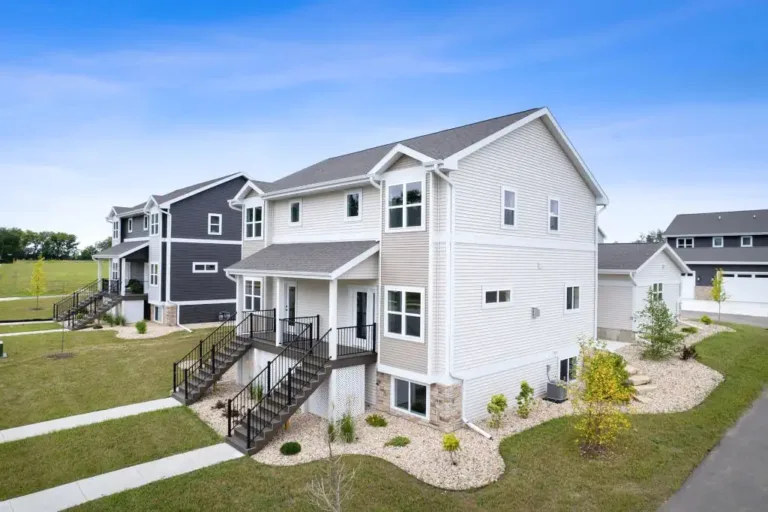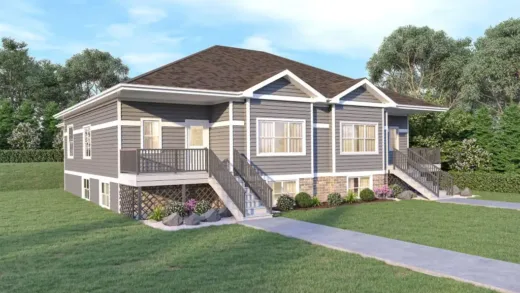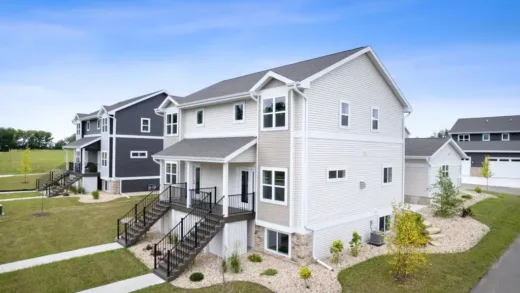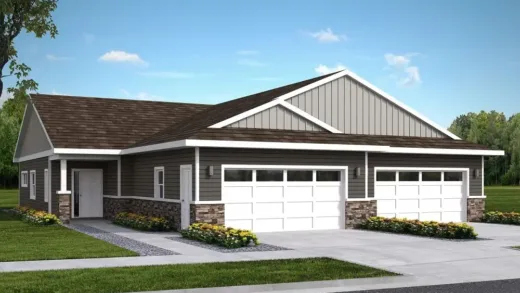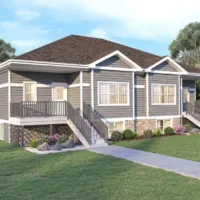Condominium living offers a unique lifestyle, blending individual ownership with shared communal responsibilities.
A crucial aspect of this lifestyle is the condo association, which governs the community through a set of rules and regulations.
These guidelines are established to maintain the quality of living, protect property values, and ensure harmony among residents.
Contents
Overview of Typical Condo Association Rules
Typically, condo association rules cover a wide range of topics, including property maintenance, noise levels, use of common areas, and more. Understanding these rules is essential for current and prospective condo owners, as they outline the expectations and responsibilities of living in a shared community.
The condo association’s governing documents include the Declaration of Condominium, Bylaws, and Rules and Regulations. These documents collectively outline the framework for the association’s operation and the community’s regulations.
Common Condo Association Rules and Regulations
Condo associations implement a variety of rules to ensure smooth operation and a pleasant living environment. Some of the most common rules include:
- Property Maintenance: Homeowners are typically responsible for maintaining their units, while the association takes care of common areas such as hallways, lobbies, and amenities. Rules often specify the standards for upkeep and repair responsibilities.
- Noise Levels: To ensure peace and quiet, most condo associations have rules regarding acceptable noise levels. This might include restrictions on loud music, parties, and other disturbances, particularly during certain hours.
- Use of Common Areas: Common areas like pools, gyms, and lounges are often governed by specific rules. These may include hours of operation, reservation policies, and guidelines for proper use to prevent overcrowding and ensure cleanliness.
- Pets: Pet policies can vary widely among condo associations. Some may allow pets with certain restrictions, while others may prohibit them entirely. Rules often cover the types, sizes, and number of pets allowed, as well as pet behavior and cleanup responsibilities.
- Parking: Parking rules are essential for avoiding disputes and ensuring availability. Regulations may designate specific parking spaces for residents and guests, restrict parking of certain vehicles, and establish rules for visitor parking.
- Rentals and Leasing: Many condo associations have rules regarding renting or leasing units. These rules might include restrictions on the length of leases, the number of rentals allowed, and the process for screening potential tenants.
Conclusion
Living in a condominium involves a unique blend of individual ownership and community living. The success of this lifestyle heavily relies on the effective implementation and adherence to community rules and regulations. These guidelines are not just bureaucratic necessities; they are essential tools that help maintain property values, ensure safety, and enhance the quality of life for all residents.
As a condo owner, staying informed about your community’s rules, actively participating in association meetings, and communicating effectively with your board can make a significant difference in your daily life. Moreover, understanding the enforcement mechanisms and your rights within the community can empower you to navigate any challenges that arise, contributing to a harmonious and respectful living environment.
Embrace the responsibilities of condo living with diligence and respect, and you will find that it offers a rewarding, community-oriented lifestyle with many benefits. By doing so, you ensure that your condominium community remains a pleasant and desirable place to live, not just for yourself, but for all residents.
